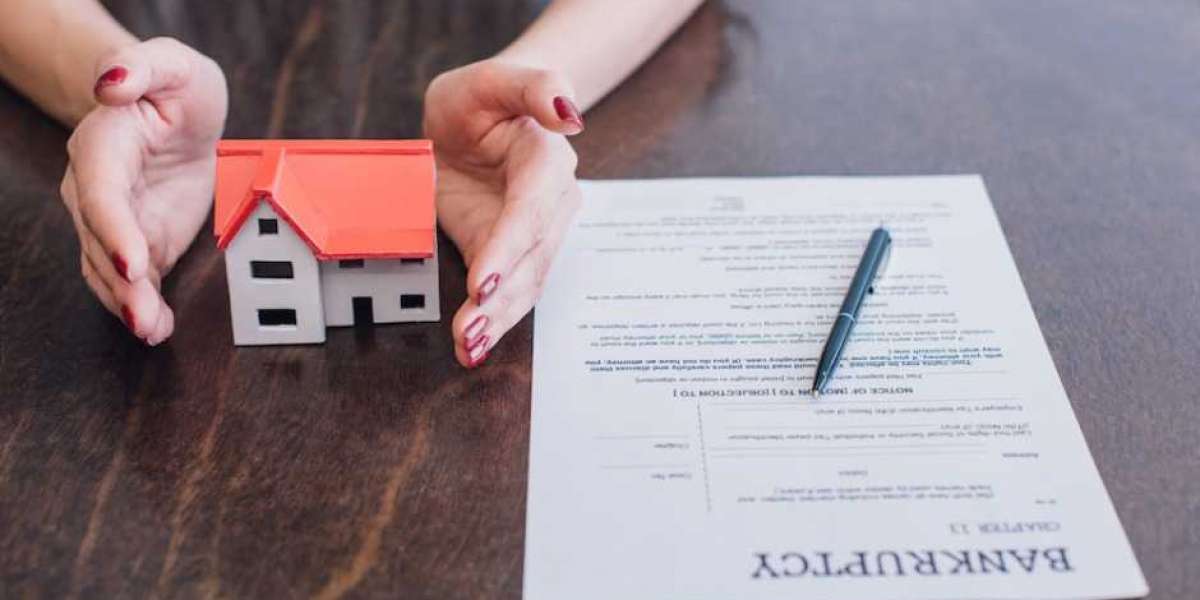Faced with overwhelming debt, the thought of bankruptcy can offer a glimmer of hope. However, for many homeowners, the immediate and pressing question is: "Can I file bankruptcy and still keep my house?" This is a complex issue with no simple yes or no answer, as it depends heavily on the type of bankruptcy you file, your equity in the property, and various state laws. Let's delve into the intricacies of this crucial topic.
Understanding Bankruptcy Chapters and Your Home
The impact of bankruptcy on your home largely hinges on whether you file under Chapter 7 or Chapter 13 of the U.S. Bankruptcy Code. These chapters offer distinct approaches to debt relief and have different implications for your assets, including your primary residence.
Chapter 7 Bankruptcy: A Fresh Start with Potential Sacrifices
Chapter 7 bankruptcy, often referred to as "liquidation bankruptcy," aims to provide a fresh financial start by discharging most of your debts. In this process, a bankruptcy trustee is appointed to oversee the liquidation of your non-exempt assets to repay your creditors.
So, can you keep your house in Chapter 7? The answer is potentially yes, but with significant caveats. If your home equity falls within your state's homestead exemption limits, you may be able to protect it from liquidation. Homestead exemptions vary widely by state, with some offering generous protection and others providing more limited relief. If your equity exceeds the exemption limit, the trustee may sell your house, and you will receive the exempt portion of the proceeds.
Furthermore, even if your equity is protected by the homestead exemption, you must be current on your mortgage payments. If you are behind on your mortgage, the lender can still pursue foreclosure proceedings, regardless of your bankruptcy filing.
Chapter 13 Bankruptcy: Reorganization and Repayment
Chapter 13 bankruptcy, also known as "reorganization bankruptcy," allows individuals with regular income to create a repayment plan to address their debts over a three-to-five-year period. This chapter offers a more direct path to keeping your home, even if you are behind on your mortgage.
In Chapter 13, you can propose a plan to catch up on your past-due mortgage payments over the duration of your repayment plan. As long as you continue to make your regular monthly mortgage payments and adhere to the terms of your repayment plan, you can generally keep your house.
Chapter 13 also offers potential tools to address other mortgage-related issues, such as stripping off wholly unsecured junior mortgages (like a second mortgage or HELOC where the home's value is less than the balance of the senior mortgage).
Key Factors Influencing Your Ability to Keep Your Home
Beyond the bankruptcy chapter you choose, several other factors will influence whether you can retain ownership of your house during and after bankruptcy:
Home Equity and Homestead Exemption
As mentioned earlier, your home equity (the difference between your home's fair market value and the outstanding mortgage balance) and your state's homestead exemption are critical. Understanding your state's specific exemption laws is paramount.
Mortgage Status
Whether you are current on your mortgage payments is a significant determinant. Being current provides a much stronger position for retaining your home in both Chapter 7 and Chapter 13.
Your Income and Ability to Pay
In Chapter 13, you must demonstrate a stable income sufficient to cover your ongoing mortgage payments and the proposed repayment plan obligations.
Other Liens on Your Property
Additional liens, such as home equity loans or second mortgages, can complicate the situation. Chapter 13 offers mechanisms to address some of these liens, but their presence will be a factor in the overall outcome.
Seeking Professional Guidance
Navigating the complexities of bankruptcy and its impact on your home requires expert legal advice. Consulting with a qualified bankruptcy attorney is crucial to understand your specific options, assess the risks and benefits of each bankruptcy chapter, and develop a strategy tailored to your circumstances. An attorney can help you understand your state's homestead exemption, analyze your debt situation, and guide you through the bankruptcy process.
Conclusion
The ability to file bankruptcy and keep your house is not a guarantee, but it is often possible, particularly under Chapter 13. Chapter 7 offers a potential pathway if your home equity is within your state's exemption limits and you are current on your mortgage. Ultimately, understanding the nuances of bankruptcy law, your state's specific regulations, and your individual financial situation is key. Seeking professional legal counsel is the most important step in determining the best course of action for your unique circumstances and ensuring the best possible outcome for your financial future and your home.







